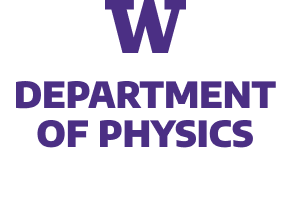Rapidly growing capabilities of quantum simulators to probe quantum many-body phenomena require new methods to characterize increasingly complex states. We present a protocol that constrains quantum states by experimentally measured correlation functions which only scales polynomially with system size. This method enables measurement of a quantum state’s entanglement structure, opening a new route to study entanglement-related phenomena. Our approach extends Gaussian state parameterizations by systematically incorporating higher-order correlations. We show the protocol’s usefulness in conjunction with current and forthcoming experimental capabilities, focusing on weakly interacting fermions as a proof of concept. Here, the lowest non-trivial expansion quantitatively predicts early time thermalization dynamics, including signaling the on-set of quantum chaos indicated by the entanglement Hamiltonian.
This work is supported by the DOE, Office of Science, Office of Nuclear Physics, IQuS (\url{https://iqus.uw.edu}), via the program on Quantum Horizons: QIS Research and Innovation for Nuclear Science under Award DE-SC0020970 and by the European Union’s Horizon Europe research and innovation program under Grant Agreement No. 101113690 (PASQuanS2.1), the ERC Starting grant QARA (Grant No.~101041435), the EU-QUANTERA project TNiSQ (N-6001), and by the Austrian Science Fund (FWF): COE 1 and quantA. This work was enabled, in part, by the use of advanced computational, storage and networking infrastructure provided by the Hyak supercomputer system at the University of Washington


